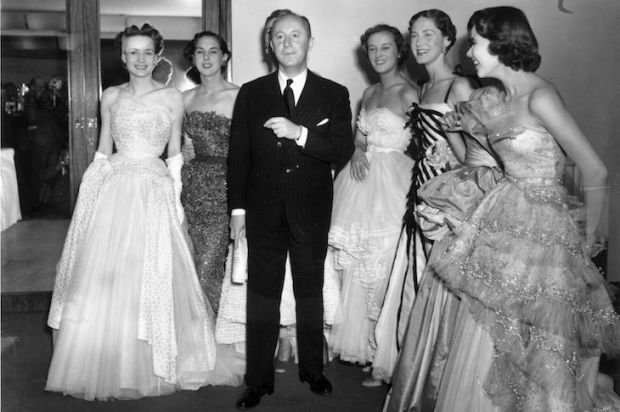According to the subtitle, this is a collection of ‘short stories of long nights at the poker table’. Were that the case, this would be a more enjoyable book, but there are too many stories here that stray from the baize.
As a game, poker is relatively simple. The deal gives you your ‘hole’ cards, the ones you and no one else can see. They determine whether you play the hand or not. The betting follows as cards are further distributed. One by one players drop out, hopes dashed. Finally someone wins, not necessarily with the best hand. Beginning, middle, end.
Poker has a richer literature than any other card game. Its attraction to writers is in its inherent suspense and the tension that creates. An old poker saw maintains that you play the players, not the cards. Everyone has a ‘tell’ that betrays their excitement or disappointment: a licking of the lips, a scratching of the nose, a stroking of the beard. Poker players wear sunglasses, baseball caps, hoodies, low-pulled Stetsons, hoping to give nothing away and yet, for the writer, each player is a ‘character’.
The best stories here are about actual games, full of poker’s rich argot. A character in Barny Boatman’s terrific opener is told that ‘Sit-down is ten lumps but most start with a pony, and you need a couple of pull-ups’. James McManus, whose true-life story is a highlight, writes: ‘Three hands later, after calling a min-raise with the A-Q of hearts, I flop the nut flush draw, check, call an almost pot-sized bet on the flop, hit the third heart on the turn, and get it all in…’. McManus is a highly regarded poet, among other writerly accomplishments, and you can hear why.
His contribution is followed by that of DBC Pierre, whose piece is characteristically exhilarating if hugely overweighted. A story by David Flusfeder suggests an eternal ‘heads-up’ (two players), and the lessons a dealer learns from watching. Anthony Holden, one of the editors, and the author of the poker classic Big Deal, has a dream in which the table is attended by subjects of his own real biographical studies: Mozart, Charles and Diana, Olivier, the mass poisoner Graham Young and Shakespeare. It is a nice idea, but somehow also a little lazy.
Diana turns up again in Carol Ann Duffy’s poem, ‘Mrs Beast’, sadly excluded from a poker school that’s ‘tough as fuck,/All of us beautiful and rich — the Woman Who Married a Minotaur, Goldilocks, the Bride / Of the Bearded Lesbian, Frau Yellow Dwarf, et Moi.’
Michael Craig’s story, ‘A Devil in New Jersey’, like a very short novel, is probably the best thing here, though only incidentally about poker.
There are a number of dull and even disagreeable contributions. One tends to want to get back to the demimonde that poker inhabits in the popular imagination, to gangsters, cheats, bourbon, marked cards, night and the clicking of chips. Whether it’s Mill Hill or Atlantic City, that’s where the real action is.
Got something to add? Join the discussion and comment below.
Get 10 issues for just $10
Subscribe to The Spectator Australia today for the next 10 magazine issues, plus full online access, for just $10.
You might disagree with half of it, but you’ll enjoy reading all of it. Try your first month for free, then just $2 a week for the remainder of your first year.














Comments
Don't miss out
Join the conversation with other Spectator Australia readers. Subscribe to leave a comment.
SUBSCRIBEAlready a subscriber? Log in